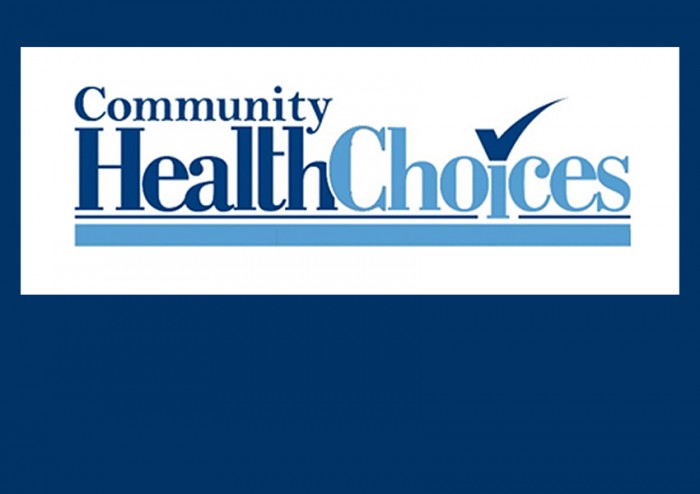The Pennsylvania Department of Human Services (DHS) recently announced a fourteen-county expansion of the Living Independence For the Elderly (LIFE) program. LIFE is a long-term care program that assists seniors with living independently in their homes, while receiving services and supports that meet their health and personal needs. LIFE is one of the Commonwealth’s home and community-based services (HCBS) options that currently serves over 7,000 individuals.
The LIFE program was implemented initially in 1998, and is known in other states across the nation as the Program of All-Inclusive Care for the Elderly (PACE). In order to be eligible for the LIFE program, an individual must be 55 or older, meet the level of care for a skilled nursing facility or special rehabilitation facility, and be able to be safely served in the community.
Through this expansion, LIFE programs will be established in the following counties: Bradford, Cameron, Carbon, Centre, Clearfield, Elk, Fulton, Jefferson, Monroe, Potter, Sullivan, Susquehanna, Tioga, and Wayne. Contact Melissa Dehoff, RCPA Rehabilitation Services Director, with questions.


















